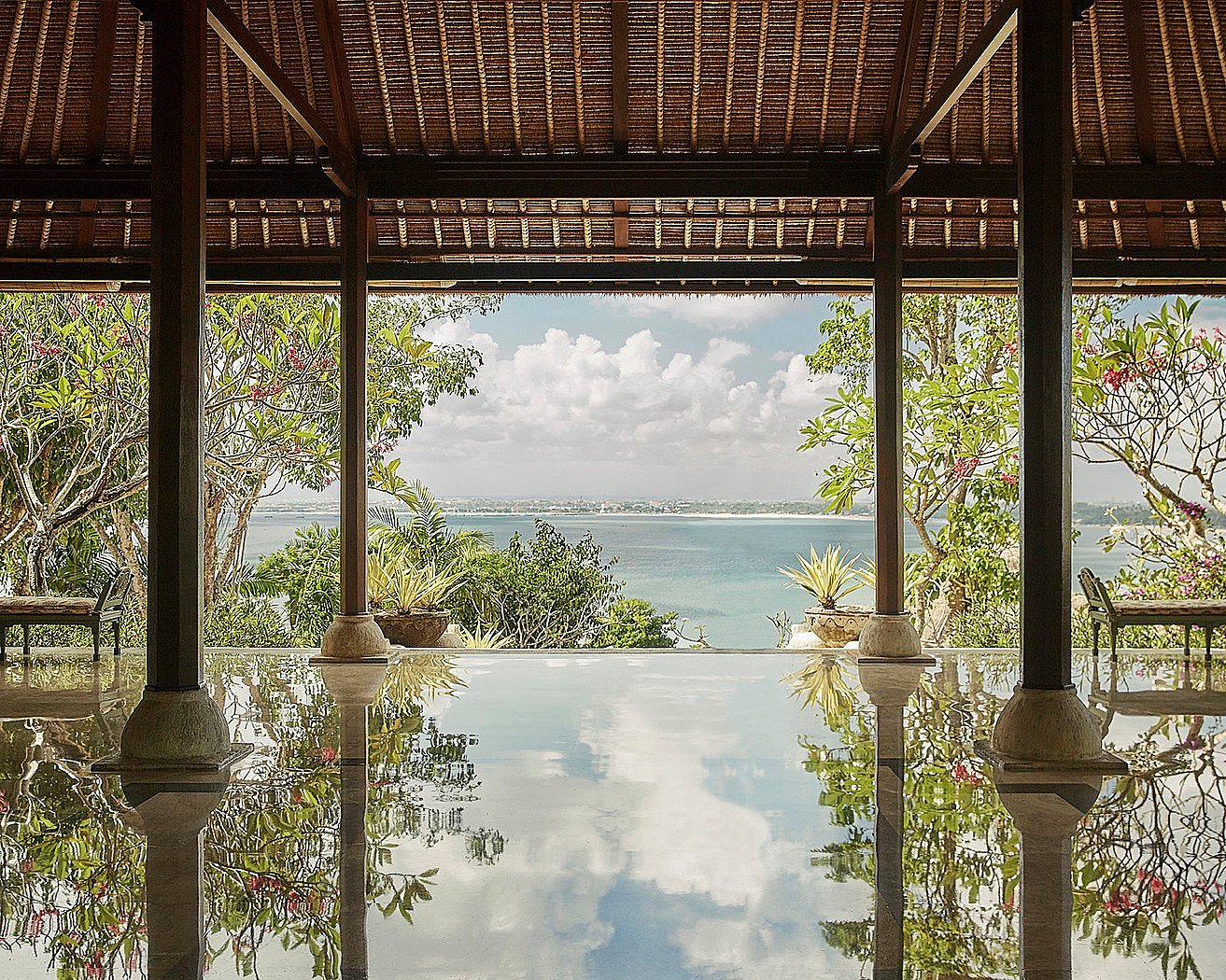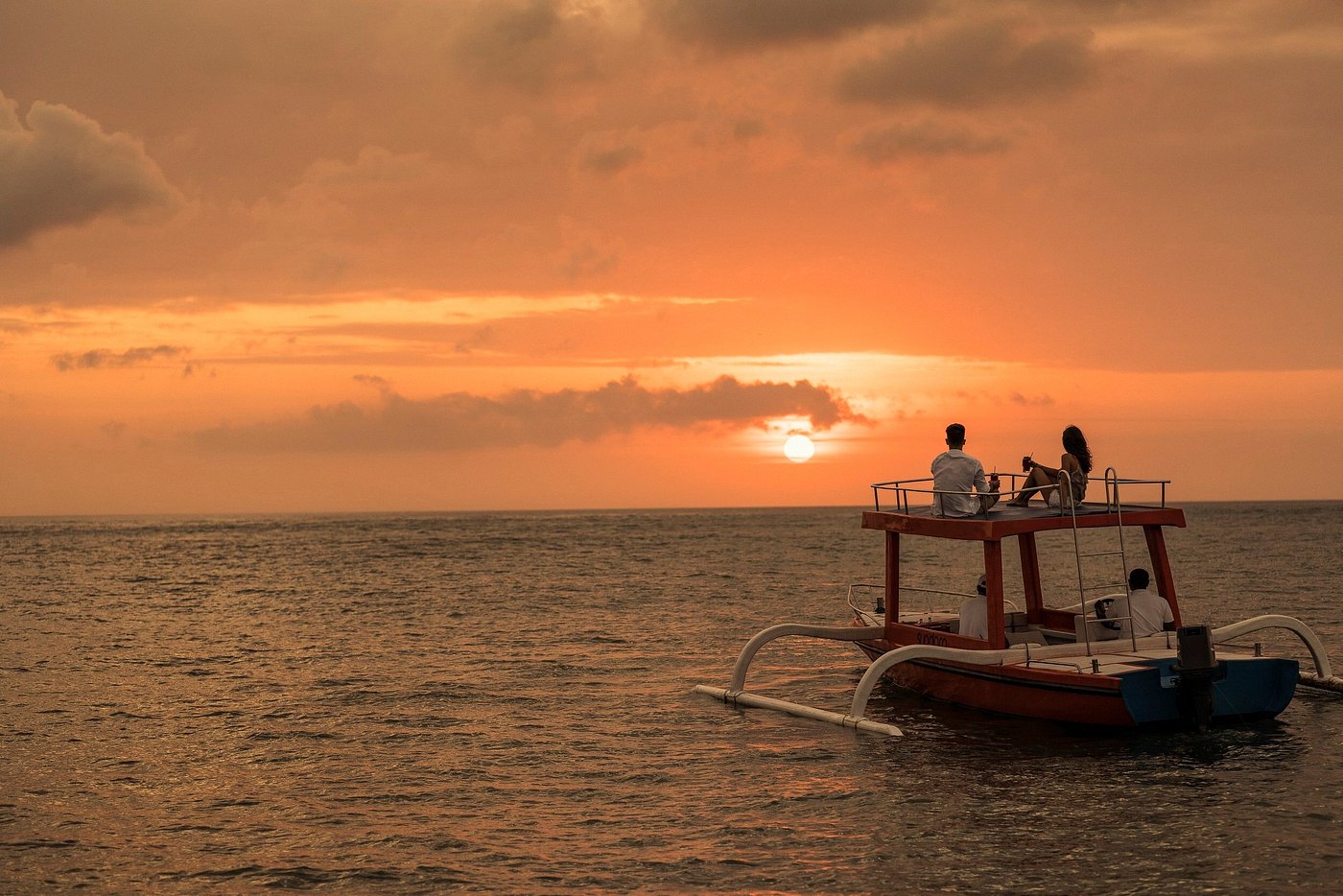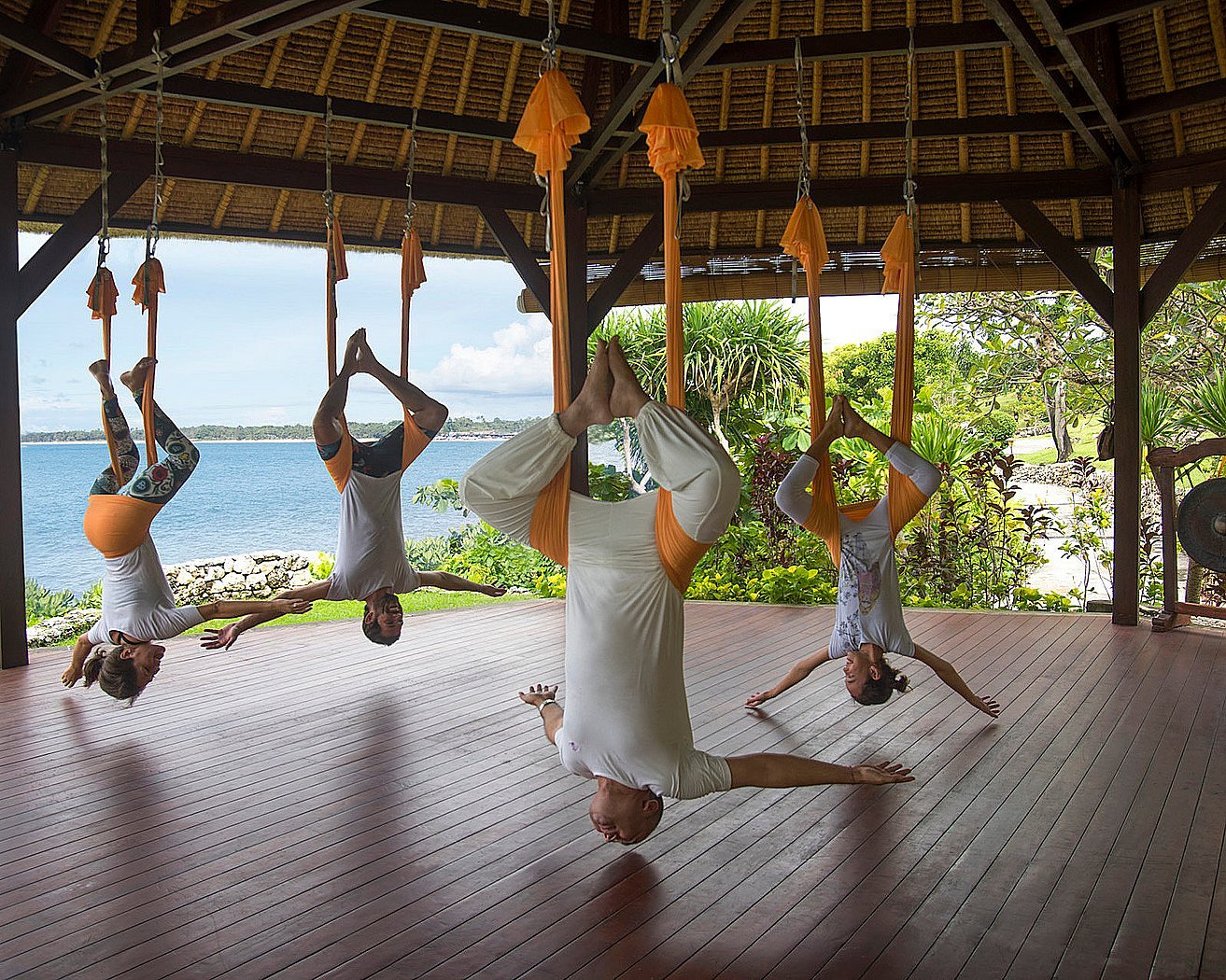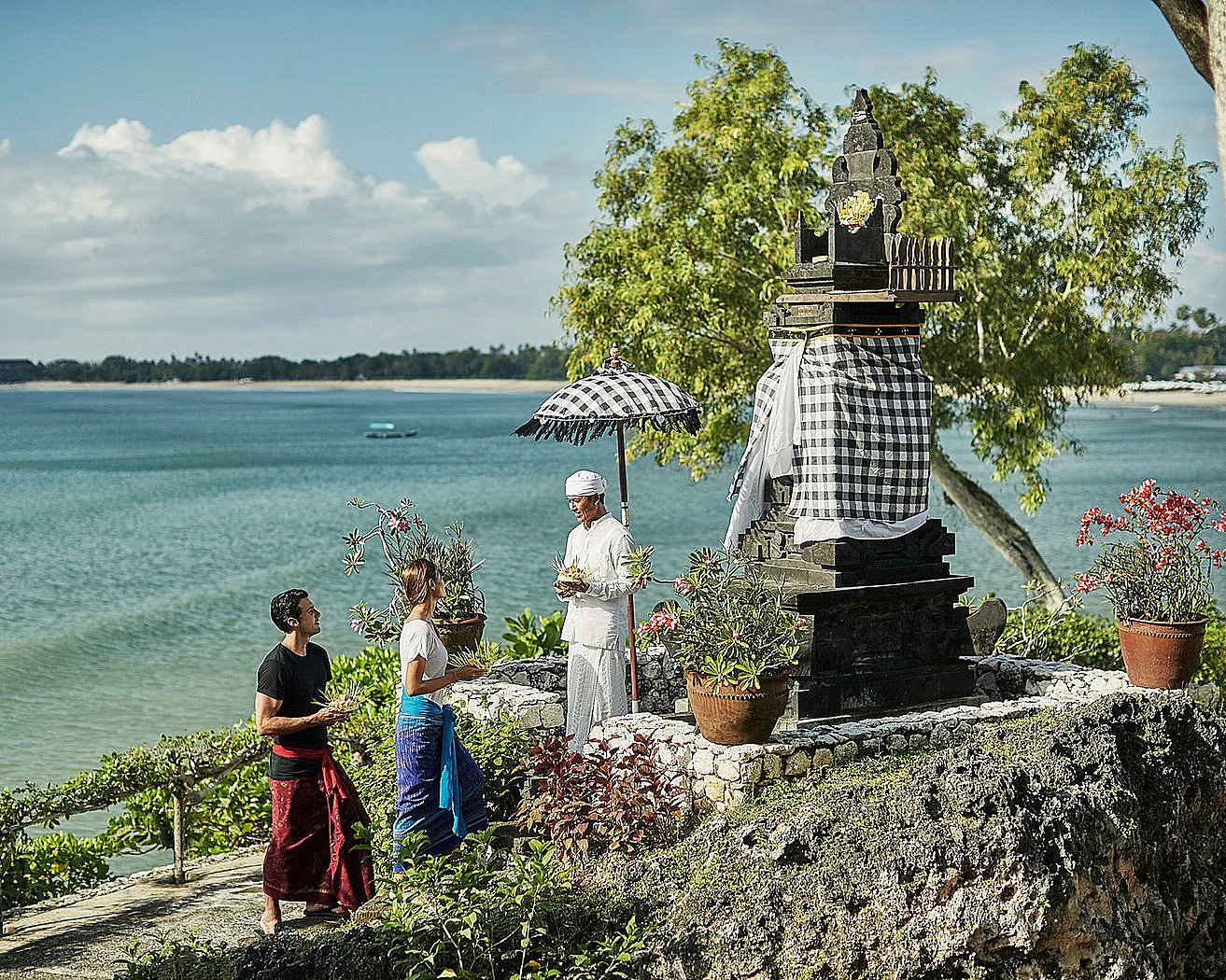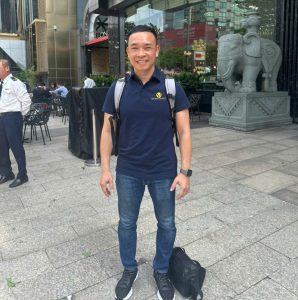Sulawesi: A Fascinating Island of Unique Culture and Natural Wonders
When 16th-century Dutch explorers tried to map Sulawesi, its mountainous terrain and sprawling peninsulas left them so perplexed they thought it was an archipelago. Though it’s actually one of Indonesia’s largest islands, the complexity of its topography created isolated areas where unique wildlife and distinct cultures have thrived in seclusion.
Sulawesi’s Accessibility and Attractions
Sulawesi is accessible from several Indonesian cities, including Makassar to the south and Manado to the north. Manado, the island’s largest city, is a transport hub but also offers cultural attractions like the well-preserved Fort Rotterdam, which houses a museum dedicated to Sulawesi’s heritage. The city, originally a fishing village, is also home to a bustling marina where traditional pinisi boats are docked in the early morning hours before heading to the fish market.
The south is predominantly Muslim, with opportunities to tour local mosques and learn about Islamic traditions. The southern region is also predominantly Christian, and in places like Sengkang, you can visit a Jesus statue taller than Rio’s Christ the Redeemer. But travel further north to the Tojora region, and you’ll find a blend of Christianity and ancient animist beliefs.
Cultural Richness of Toraja
In the Toraja region, funeral ceremonies hold immense importance. Without proper rites, locals believe the spirit of the deceased could bring misfortune. These elaborate rituals, which can last for days and include feasting, are vital cultural practices. The area is also known for its striking Tongkonan houses, with towering roofs resembling saddles, and intricately carved rice barns known as alang. Visitors can also explore cliffside and cave cemeteries where wooden effigies called tau tau guard the graves.
Sulawesi’s Unmatched Natural Beauty
Beyond Toraja, the northern peninsula’s mountainous terrain offers more breathtaking landscapes. Tomohon, in particular, is a haven for nature enthusiasts, featuring fumaroles and hot springs set against volcanic calderas. You can hike up Mount Lokon’s dormant lava flows or take a boat across Lake Linow, where mineral-rich waters shift in hue with the sunlight.
A short drive away, Tangkoko National Park showcases mangroves, forests, and scrubland, providing a perfect environment for wildlife watchers. Look out for endemic species like the red-knobbed hornbill, the pit-digging maleo bird, and the rare Celebes crested macaque. For the truly lucky, a guided night walk might reveal the elusive tarsier or the Sulawesi dwarf cuscus.
Sulawesi’s Marine Wonders
Sulawesi lies in the heart of the Coral Triangle, the most biodiverse marine ecosystem in the world. Northern Sulawesi, with its lush headlands, is a top spot for divers. The Bunaken Marine Park is renowned for its diverse coral reefs, where you can encounter reef sharks, eagle rays, and turtles. Nearby, the Lembeh Strait is famous for muck diving, where divers hunt for microscopic critters like the venomous blue-ring octopus and pygmy seahorses.
Best Time to Visit
Sulawesi enjoys consistent warm temperatures between 68°F and 95°F year-round. The dry season, from April to October, is the ideal time to visit. The wettest months tend to be January and February, though the island remains an attractive destination year-round.
Speak to someone who's been there

Bali & Indonesia ⟩ Sumba
Bali & Indonesia ⟩ Sumatra
Bali & Indonesia ⟩ Sulawesi
Bali & Indonesia ⟩ Flores Island
Bali & Indonesia ⟩ Kalimantan
Bali & Indonesia ⟩ Komodo Island
Bali & Indonesia ⟩ Lombok
Bali & Indonesia ⟩ Java
Bali & Indonesia ⟩ Bukit Lawang
Bali & Indonesia ⟩ Borobudur
Bali & Indonesia ⟩ Bandung
Bali & Indonesia ⟩ Bali


